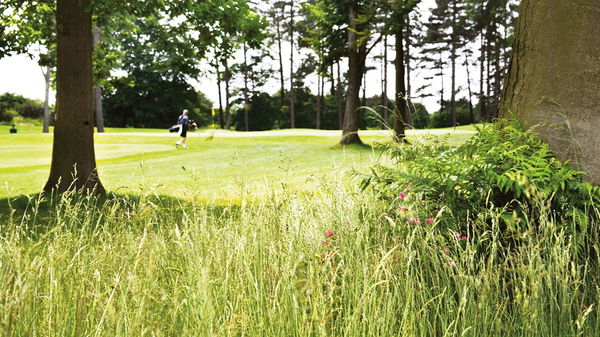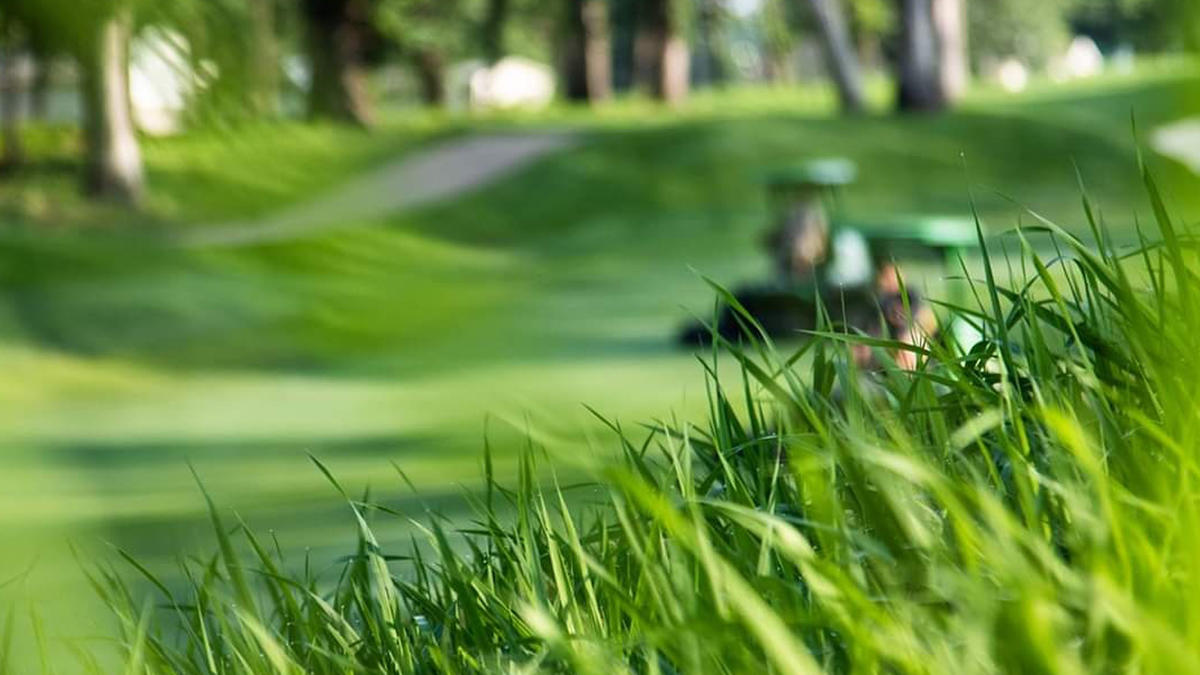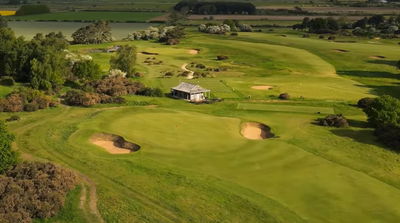COVID-19 (Coronavirus) guidance for golf facilities
Golf industry response to coronavirus, according to BIGGA...

This guidance about Coronavirus has been put together by BIGGA's Karl Hansell, alongside the PGA, GCMA and The R&A.
What should you do in a health emergency?
It has been estimated that 25% of small businesses don’t reopen after a serious emergency and we don’t want golf clubs to be on that list.
Plan ahead and put procedures into operation and you give your organisation every chance of securing the facility for golfers to enjoy for years to come.

Ensuring your golf business can survive large-scale staff absence
A golf club is a close community, with a small number of staff and volunteers working extremely hard to maintain a facility that provides enjoyment and relaxation to customers.
It’s also a highly-skilled working environment, with staff who are professionally trained to complete each of their daily roles and without whom the entire operation would grind to a halt.
COVID-19 (Coronavirus) is a life-threatening respiratory illness that can cause fever, cough, shortness of breath and breathing difficulties. In more severe cases, infection can cause pneumonia, severe acute respiratory syndrome, kidney failure and even death.
In an attempt to stem the spread of the virus, extensive guidance has been published for anyone who has potentially come into contact with a carrier. In addition to good personal hygiene, self-isolation is seen as the best way to contain the spread. If that happens at a golf facility, the club could find itself without its entire greenkeeping, catering and/or clubhouse staff for an extended period and its long-term security could be placed at risk.
FOR MORE INFORMATION PLEASE VISIT THE BIGGA WEBSITE
What you can do:
1. Plan ahead
Before anything happens, make it a priority to put together a plan of action. Draw up a list of what could go wrong in your business if you believe a member of staff has been exposed to the virus. You’ll want to speak to department heads to get their input on this too.
Next up, go through that list and work out how you could overcome each of these problems. If you’ve anticipated a problem and you have a plan in place, you’ll be better prepared to deal with it.
Here’s a basic template for a disaster management plan:
> Summary: Outline objectives and scope of the plan
> Role and responsibilities: List everyone, both inside and outside of the organisation, who may be affected by a disaster and detail their role descriptions and responsibilities
> Trigger: State when the plan should be triggered and when to let people know there’s a problem
> Action: What needs to happen when the disaster recovery plan is triggered?
> Resources: List all documents and resources that are relevant to the plan
2. Make it a priority to bring together a senior staff group
Your golf facility needs to have a senior group of managers who are in constant contact and can spring in to action if something happens.
This should be your Club Manager/Secretary, Course Manager/Head Greenkeeper and PGA Professional and any other relevant department heads.
During a period of heightened risk, meet on a daily basis and provide an update on staff absence, business pressures such as stock levels or machinery maintenance and other matters.
When the crisis subsides, this group should continue to meet on a monthly basis to ensure policies are maintained and updated.
3. Draw up a comprehensive risk register across your facilities
In collaboration with the senior management team, draw up a list of risks stemming from a potential case of COVID-19 in your business or immediate vicinity that could have a negative impact on the business. The risk register should:
> Identify risk
> Evaluate the severity of any identified risk
> Apply possible solutions
> Monitor and analyse the effectiveness of any steps you take to reduce the risk
Unlike the overall Disaster Management Plan, the Risk Register is a more specific document aimed at identifying potential risks and detailing what steps you have taken to prevent them. At a golf facility, examples of risks could be:
> Loss of revenue due to reduced green fees
> Drop in membership levels due to forced closure of the club
> Damage to the golf course due to reduced maintenance
> Disruption with suppy chains
> Staff not being paid
4. Upskill the team on alternative key roles and tasks
What are the essential tasks that will mean the golf facility cannot operate if a member of staff or whole team is unable to work?
Identify the highest-priority tasks, such as mowing greens, taking bookings, payroll and housekeeping. Enlist staff from various departments who may be able to fulfil additional responsibilities.
You’ll need a wide spread of staff in case a specific department is quarantined. Provide them with basic training and make instructional information available for each of the tasks, to allow staff who are able to work to keep the facility open.
It may also be an idea to engage in a contract with a temp agency who can provide support staff at short notice.
5. Upskill a team of volunteers in case the above team also goes down
In the event that the entire staff is unable to work, a small group of volunteers may be able to complete the most basic tasks that will allow the facility to remain open.
Identify who these volunteers are and then provide the relevant training, including details of Personal Protective Equipment. Provide supplementary information to allow them to refresh their memory.
Make them aware that they should only attempt tasks that they feel comfortable completing and that they should never work alone.
Before enlisting the help of volunteers, make sure your facility has the correct level of employer or public liability insurance in place.
Ask volunteers to sign an agreement that will explain:
> Level of supervision and support they will get
> What training they will get
> Information regarding the golf facility’s employer or public liability insurance
> Health and safety issues
> Any expenses the organisation will cover
6. Buddy up with another local club
In the instance of a localised infection, it is possible that your golf club is affected but the facility across town remains open, or vice-versa. In this instance, the golf industry has an opportunity to show its strength of community and facilities can come together to support each other.
Engage in a dialogue with the other golf clubs in your immediate area and discuss an action plan. If one of your clubs is forced to close, is there a reciprocal arrangement in place to allow members to play at a different facility?
Alternatively, and where the risk of infection is minimal, will the other clubs be able to lend resources and staff who can complete the basic tasks that enable the affected golf club to remain open?
Helping each other out during this difficult period will strengthen bonds between golf clubs and provide positive publicity for the wider industry.
7. Share all risk issues and solutions so we can all evaluate our own plans
Communication is key and you’ll need to keep your customers informed that the golf facility is operating on a reduced level. Be honest and don’t hide anything as customers will appreciate being kept informed and it will reduce the spread of rumours.
At all levels, the golf industry is a community and so if you find yourself encountering a problem or have devised a way to overcome the challenge faced, then it’s important to keep talking to each other.
Each of the major golf bodies have communications channels that can be accessed, including social media. Why not talk about the practices you’ve put in place, share a template for a risk register that you’ve put together, shout about how you’re helping another club out? The information you share may provide the answer to a problem that another facility is struggling to overcome.

Sponsored Posts
Subscribe to our Newsletter
Latest News
















